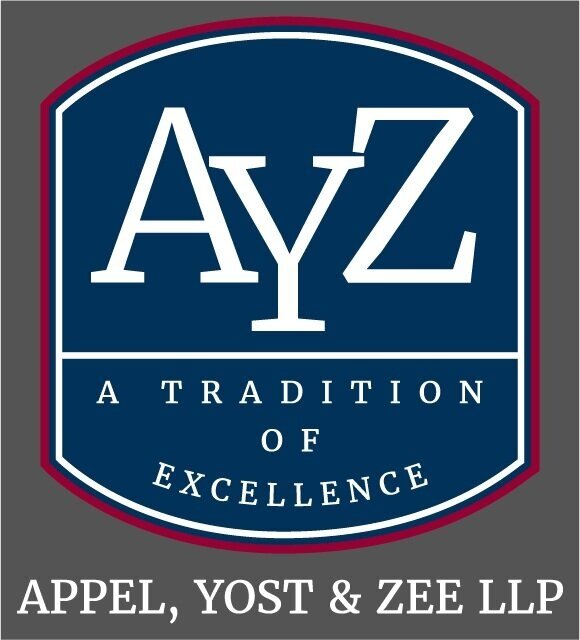Not So Fast- Funding of Preschool Placement May Require Further Examination
By William J . Zee & Megan E. Bomba
August 4, 2021
Based on a recent decision issued by the U.S. Eastern District Court of Pennsylvania, LEAs may need to reevaluate their position on the public funding of some preschool placements after the court held that a Pennsylvania intermediate education unit was responsible for reimbursing a family of a young child with special needs for costs associated with their child’s enrollment in a preschool program. Montgomery County Intermediate Unit No. 23 v. K.S. by K.S. and F.S., 79 IDELR 5.
Rejecting the LEA’s argument that because Pennsylvania does not make preschool-level instruction available to all children, there was no requirement to fund a general education preschool placement, the court agreed with the decision of the independent hearing officer that the student needed to be in school with nondisabled peers to receive a free appropriate public education (FAPE).
Pennsylvania does not require LEAs to offer preschool programs to nondisabled children. In addition, the Individuals with Disabilities Education Act (IDEA) allows states to opt out of providing FAPE to children with disabilities between ages 3-5 if general public education is not offered to the same group of nondisabled children. The Pennsylvania Education Department’s (PDE) policies and procedures do not specifically address children aged 3-5 when discussing limits of eligibility.
However, the court determined that LEAs who lack a universal preschool program should not assume that the absence of an obligation to fund general education preschool placements is applicable for all children with disabilities. The court found that there is no provision of applicable law making LEAs exempt from providing FAPE to disabled children ages 3-5, and therefore a child in need of such placement to receive FAPE may look to the LEA to provide funding.
Current PDE policies and procedures authorize courts and IHOs to award reimbursement for preschool placements necessary to provide FAPE. Reimbursement is only appropriate in such instances.
This decision is instructive for LEAs that take the position that public funding of such placement is never required. In some instances, an LEA may need to fund such services for preschoolers with disabilities to ensure the provision of FAPE.
Should you have any questions about this case or any other special education issues, please do not hesitate to reach out to William J. Zee or any of the other attorneys in the Appel, Yost and Zee Education Law Group.
